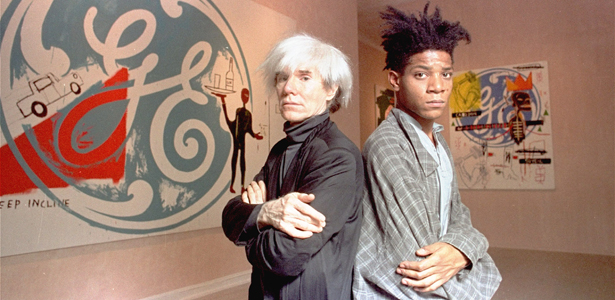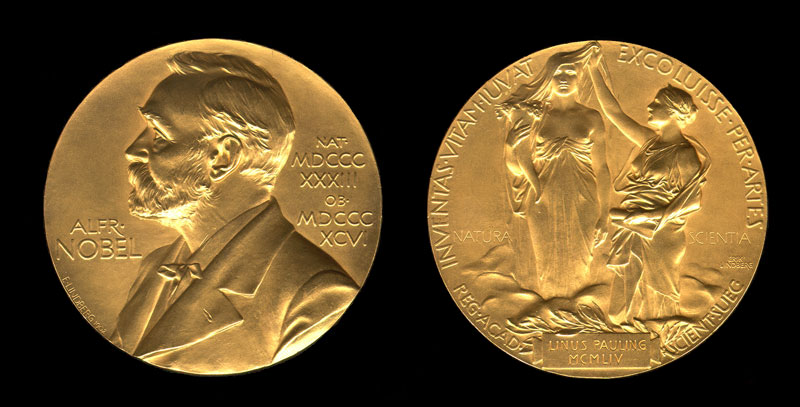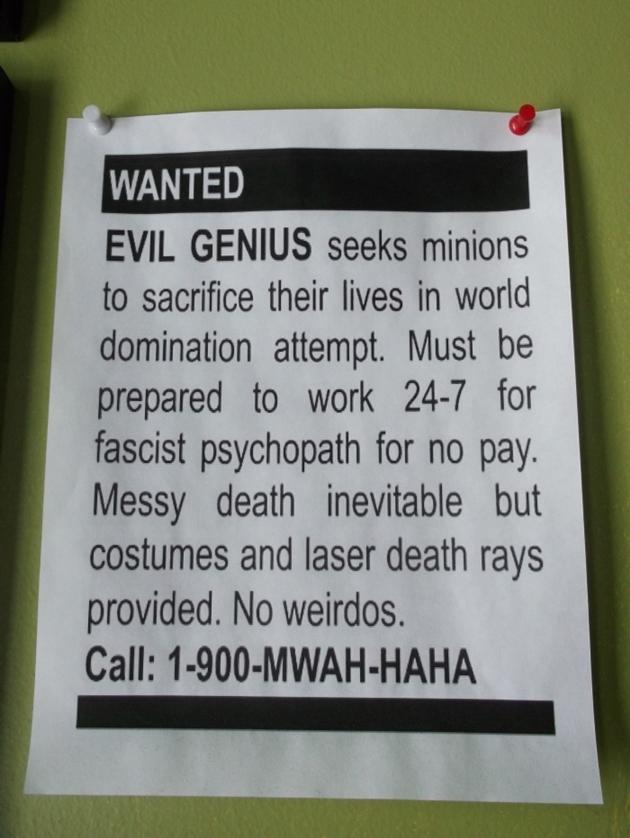Brainstorming: 3 reasons why everything you know is wrong.
ainstorming is broken. We all know the standard method of brainstorming: Get a bunch of people together. Generate lots of ideas. Don't be critical. There's one problem with this system. It's totally wrong. 1) Don't work in a group The research consistently shows that individuals who generate ideas on their own and then meet afterward come up with more (and better) ideas. Via Imagine: How Creativity Works: There’s just one problem with brainstorming: it doesn’t work. Keith Sawyer, a psychologist at Washington…
4 minutes
Creative Teams – What 7 elements do they all share?
eat creative teams -- what do they all have in common? What can we learn from them? Keith Sawyer got his PhD studying under Mihaly Csikszentmihalyi -- the researcher who coined the idea of Flow. Sawyer looked at how creativity came about in collaborations vs. individuals. He analyzed jazz ensembles, improv comedy groups and other great creative teams to see what worked. What did he find? Via Group Genius: The Creative Power of Collaboration: 1. Innovation Emerges over Time No single…
4 minutes
Are nice people more likely to win a Nobel prize?
at's it take to win a Nobel prize? How about "being nice"? The other day I posted the research for and against "nice guys finish last." Turns out there's one more area where being good pays off. How do we know? Researchers who hog the credit on scientific papers are less likely to win a Nobel prize. Those who give younger academics a bit of the spotlight are more likely to have a trip to Stockholm in their future. Via The…
3 minutes
How To Be A Genius: 5 Secrets From Experts
nt to know how to be a genius? There are five things you can learn from looking at those who are the very best. 1) Be Curious And Driven For his book Creativity, noted professor Mihaly Csikszentmihalyi did interviews with 91 groundbreaking individuals across a number of disciplines, including 14 Nobel Prize winners. In 50 Psychology Classics Tom Butler-Bowdon summed up many of Csikszentmihalyi’s findings including this one: Successful creative people tend to have two things in abundance, curiosity and drive. They are absolutely fascinated by…
5 minutes
“Nice guys finish last.” Really? What does the research say?
ice guys finish last." Is it true? To some degree it depends on what area of life we're talking about. Let's see what the research has to say... Money Nice guys finish last here. More agreeable people make less money: ...men who measured below average on agreeableness earned about 18% more—or $9,772 more annually in their sample—than nicer guys. Ruder women, meanwhile, earned about 5% or $1,828 more than their agreeable counterparts. “Nice guys are getting the shaft,” says study co-author…
4 minutes
Life Lessons – Cornell researcher Karl Pillemer explains the most important things older people insist you need to know
bsp; What life lessons can we learn from the people who have lived the longest? Karl Pillemer of Cornell University interviewed 1200 people age 70 to 100+ for his book “30 Lessons for Living: Tried and True Advice from the Wisest Americans” asking them: "If you look back over the course of your life, what are the most important lessons you learned that you would like to share with younger people?" I've posted about Karl's research a number of times…
5 minutes
Good Work Habits That Nearly All Geniuses Have In Common
od Work Habits Of Geniuses A very interesting new book, Daily Rituals: How Artists Work, examines the good work habits of over 150 of the greatest writers, artists and scientists. What does nearly every genius have in common? Those interested in the 10,000 hour theory of deliberate practice won't be surprised -- the vast majority of them were complete and unapologetic workaholics. Via Daily Rituals: How Artists Work: William Faulkner: During his most fertile years, from the late 1920s through the early…
4 minutes
Advice on how to make better decisions — tailored just for you (courtesy of Sherlock Holmes)
ve posted a lot of expert advice on how to improve decision making. But how can you get custom advice, tailored just for you? It's easy. Start a decision diary. Record what decisions you make and how they turn out. Over time you'll have a blueprint for what works for you -- and what doesn't. Via Mastermind: How to Think Like Sherlock Holmes: When we make a choice, solve a problem, come to a decision, we can record the process in…
3 minutes








